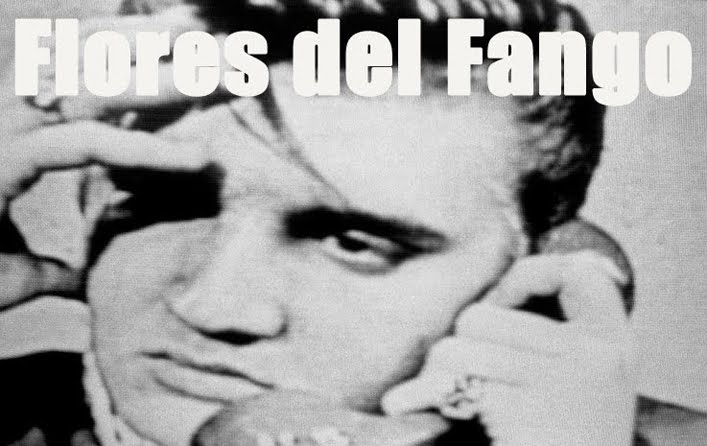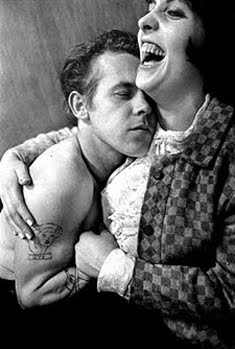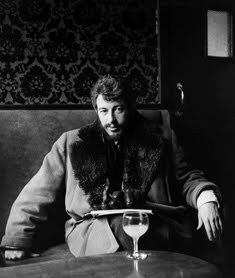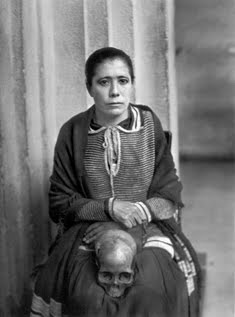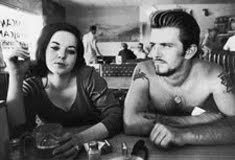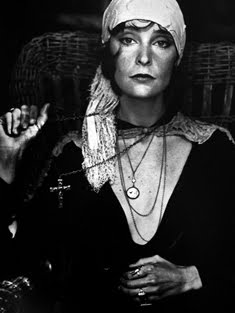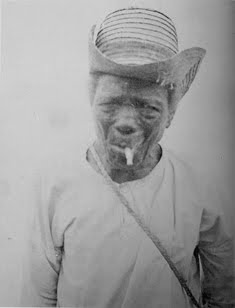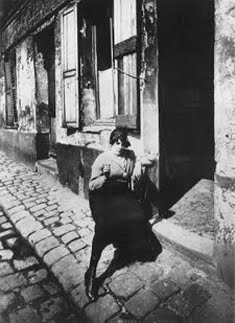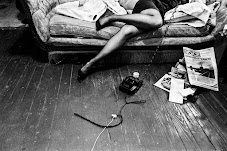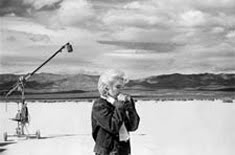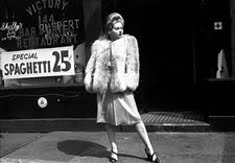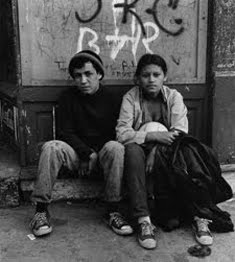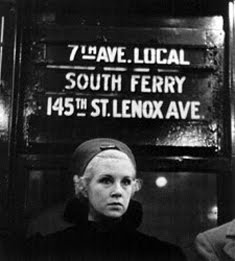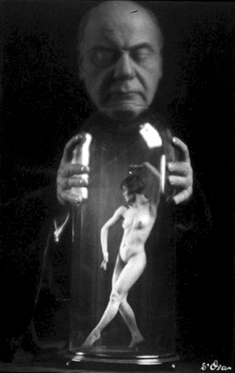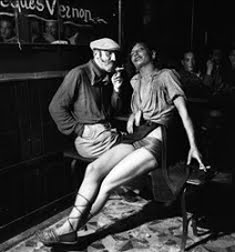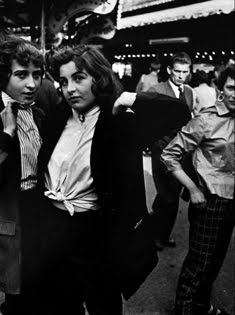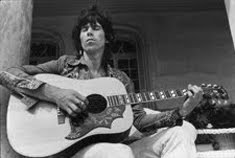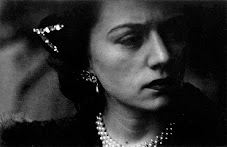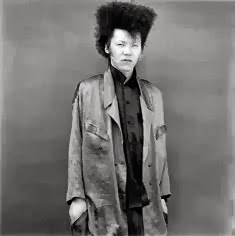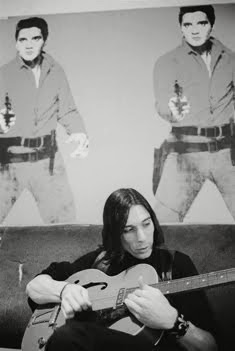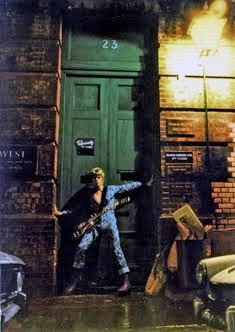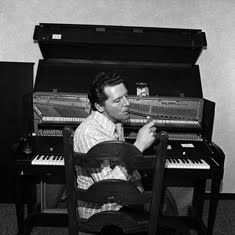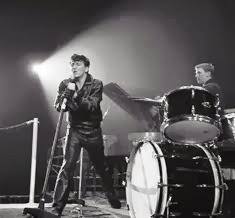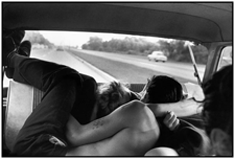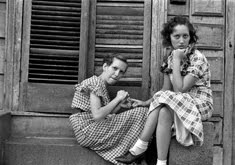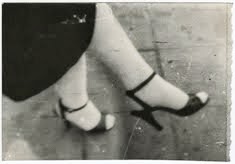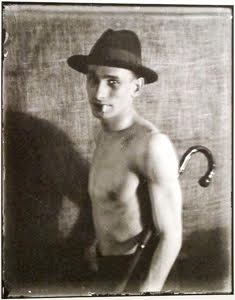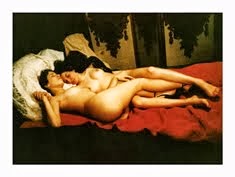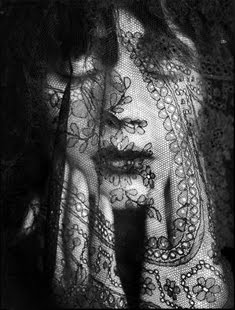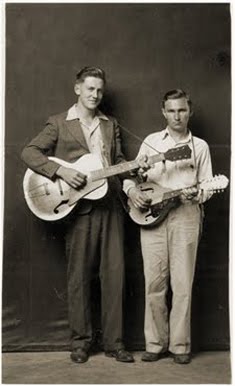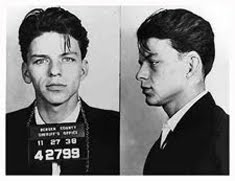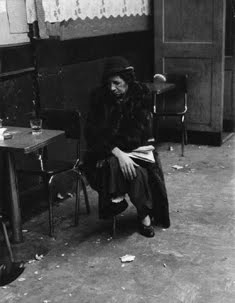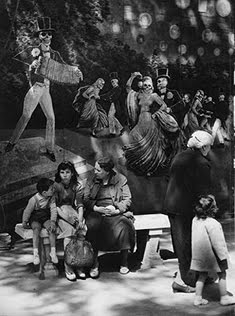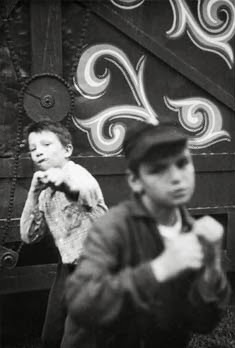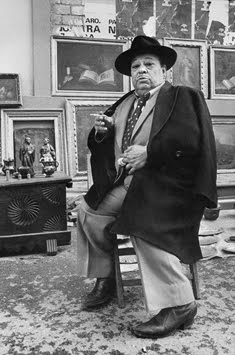
Alexander Rolle, Old Bight, Cat Island, July 1935

Child singer for singing games, Eatonville, Florida 1935

False River, Louisiana July 1934

Alma Plantation, False River, Louisiana July 1934

Alma Plantation, False River, Louisiana July 1934
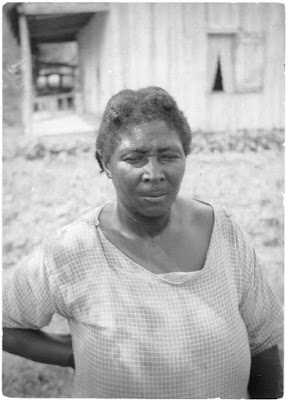
Alma Plantation, False River, Louisiana July 1934

Alexander Rolle, Old Bight, Cat Island July 1935

Baptism near Mineola, Texas Summer 1935

Baptist congregation, Alma Plantation, False River, Louisiana July 1934

Candy seller, San Antonio, Texas
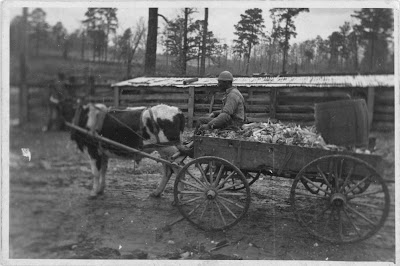
Farm wagon, Reed Camp, South Carolina December 1934

James Baker (Iron Head), Sugar Land, Texas June 1934

Prisoner Lightnin' Washington singing with group, Texas 1934

Mexican girls San Antonio, Texas 1934

Mountain woman in the hills near Austin, Texas

Pete Steele and family, Hamilton, Ohio 1938

Bill Tatnall, from recording expedition to Georgia, Florida and Bahamas

Sam Ballard, New Iberia, Louisiana, June 1934

Stavin' Chain playing guitar and singing, Lafayette La. 1934
 Alan Lomax (1915-2002) es uno de los más importantes documentalistas de todos los tiempos, no sólo por la entrega y disfrute de una meticulosa labor de fotografía, filmación, notas y
Alan Lomax (1915-2002) es uno de los más importantes documentalistas de todos los tiempos, no sólo por la entrega y disfrute de una meticulosa labor de fotografía, filmación, notas y 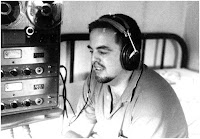 grabaciones, sino por la influencia determinante que su trabajo tuvo en gran variedad de los más destacados músicos y compositores, escritores de canciones e intérpretes que se empaparon de algunas de las recopilaciones editadas que contienen mucho del rico folclore tanto norteamericano como internacional que grabó en sus viajes (incluso con paso por España a
grabaciones, sino por la influencia determinante que su trabajo tuvo en gran variedad de los más destacados músicos y compositores, escritores de canciones e intérpretes que se empaparon de algunas de las recopilaciones editadas que contienen mucho del rico folclore tanto norteamericano como internacional que grabó en sus viajes (incluso con paso por España a  pesar de la oposición franquista que recelaba de un norteamericano recogiendo información en zonas populares). Si hay un hombre que sea fuente común de personajes como Dylan o Tom Waits es éste, además del papel de descubridor para el gran público de intérpretes
pesar de la oposición franquista que recelaba de un norteamericano recogiendo información en zonas populares). Si hay un hombre que sea fuente común de personajes como Dylan o Tom Waits es éste, además del papel de descubridor para el gran público de intérpretes  cruciales que sirvieron para la expansión de la música de raíces afroamericanas y rurales.
cruciales que sirvieron para la expansión de la música de raíces afroamericanas y rurales.Licenciado en Filosofía comenzó en su empeño como una simple continuación del de su padre, John Lomax, trabajando juntos para la Biblioteca del Congreso con un intenso estudio de campo grabando interpretaciones y entrevistas en Estados Unidos, el Caribe, Irlanda, Inglaterra, Italia o España (Lomax pasó gran parte de la década de los '50s en Europa),
 teniendo como punto de partida unas primeras grabaciones realizadas a prisioneros condenados a trabajos forzados que amenizaban sus esfuerzos cantando tonadas pertenecientes a la
teniendo como punto de partida unas primeras grabaciones realizadas a prisioneros condenados a trabajos forzados que amenizaban sus esfuerzos cantando tonadas pertenecientes a la  tradición oral de los esclavos y los trabajadores en campos de algodón.
tradición oral de los esclavos y los trabajadores en campos de algodón.También usó su experiencia para la radio, realizando grabaciones a pie de calle sobre las reacciones de civiles y músicos a la Guerra Mundial tras el ataque a Pearl Harbor, que luego extendió a emisiones de difusión de su pasión
 por el folclore. Asimismo se convirtió en promotor y organizador de numerosos conciertos relacionados con sus aficiones musicales y editando algunas de sus grabaciones con la compañía Decca, ediciones que se verían ampliadas con nuevas grabaciones de algunos
por el folclore. Asimismo se convirtió en promotor y organizador de numerosos conciertos relacionados con sus aficiones musicales y editando algunas de sus grabaciones con la compañía Decca, ediciones que se verían ampliadas con nuevas grabaciones de algunos  músicos para Atlantic Records.
músicos para Atlantic Records.Entre algunos de los músicos ahora imprescindibles que fueron promocionados por la labor de Lomax podemos destacar a Leadbelly, Woody Guthrie, Muddy Waters o Jelly Roll Morton entre muchos otros, además de su interés por esquivar los prejuicios raciales y políticos de otras épocas y contribuir a que la música negra encontrara el sitio que le pertenece en la evolución de la Historia de la música, sin olvidar
 que fue la inspiración para otros trabajos similares o para la
que fue la inspiración para otros trabajos similares o para la  creación de instituciones oficiales o particulares de conservación, difusión y pedagogía del patrimonio cultural autóctono.
creación de instituciones oficiales o particulares de conservación, difusión y pedagogía del patrimonio cultural autóctono.Y ya que estamos con rastros de la Historia de la cultura, además de todos esos documentos sonoros editados con la etiqueta 'Alan Lomax' como reclamo en la portada, otras recopilaciones igual de interesantes o más, aunque sin ninguna relación, son esas ediciones de la compañía Document Records.
Alan Lomax (1915-2002) is one of the most important documentalists of all time, not only for his dedicated work of photographs, films, notes and recordings, but also the decisive influence that his work had on a
 wide variety of the most outstanding musicians and composers of last century, songwriters and performers who were largely influenced by some of the compilations containing much of the rich northamerican and international folklore recorded or searched by him (he even visited
wide variety of the most outstanding musicians and composers of last century, songwriters and performers who were largely influenced by some of the compilations containing much of the rich northamerican and international folklore recorded or searched by him (he even visited Spain despite the opposition of the administration of dictator Franco). If a man is a common source for characters like Dylan or Waits is this one, in addition to his contribution to the general public knowledge of some crucial musicians due to his interest in the African-American roots and the culture of rural areas.
Spain despite the opposition of the administration of dictator Franco). If a man is a common source for characters like Dylan or Waits is this one, in addition to his contribution to the general public knowledge of some crucial musicians due to his interest in the African-American roots and the culture of rural areas.With a degree in Philosophy he was initiated in his efforts by his father, John Lomax, and both worked together for the Library of Congress with an intensive field study recording performances and interviews in the U.S., the Caribbeans, Ireland, England,
 Italy or Spain
Italy or Spain  (Lomax spent most part of the 1950s in Europe), taking as a starting point some early recordings with his father of prisoners that during their efforts were singing tunes of the rich oral tradition of slaves and the workers in cotton fields.
(Lomax spent most part of the 1950s in Europe), taking as a starting point some early recordings with his father of prisoners that during their efforts were singing tunes of the rich oral tradition of slaves and the workers in cotton fields.He also used his experience for the radio, broadcasting during World War recordings made at street level on the reactions of civilians and musicians to the new situation, a work he later extended to the dissemination of his passion for folklore. He also became a promoter and organizer of many concerts related to his passion and also launched
 some of his musical recordings with Decca company, a labour that would be extended with new recordings of some musicians for Atlantic Records.
some of his musical recordings with Decca company, a labour that would be extended with new recordings of some musicians for Atlantic Records.Some of the musicians who were highlithed by Lomax's are Leadbelly, Woody Guthrie, Muddy Waters and Jelly Roll Morton amomg others. He was a major contribution as well to overcome
 the racial and political prejudices of the past and help black music find the place it deserved in the evolution of musical History, without forgetting that he was an inspiration for other similar jobs or for the creation of institutions for storage, dissemination and teaching of autochthonous cultural heritage.
the racial and political prejudices of the past and help black music find the place it deserved in the evolution of musical History, without forgetting that he was an inspiration for other similar jobs or for the creation of institutions for storage, dissemination and teaching of autochthonous cultural heritage.And now that we are at it another bunch of interesting recordings, apart from the many albums with the 'Alan Lomax' label to it, could be those launched by Document Records (no relation at all with the Lomax collection).

Alan Lomax, 1942
EnlacesLinks
Association for Cultural Equity
YouTube: Alan Lomax
LOC: The American Folklife Center
LOC: Photographs
Folkstreams
Amazon
EscuchaListen
▶Leadbelly·'Black Betty'
"Alan Lomax fue uno de esos que desveló los secretos de este tipo de música. Así que si tenemos a alguien a quien darle las gracias es Alan. Gracias, Alan", Bob Dylan: "Alan Lomax was one of those who unlocked the secrets of this kind of music. So if we've got anybody to thank, it's Alan. Thanks, Alan."
